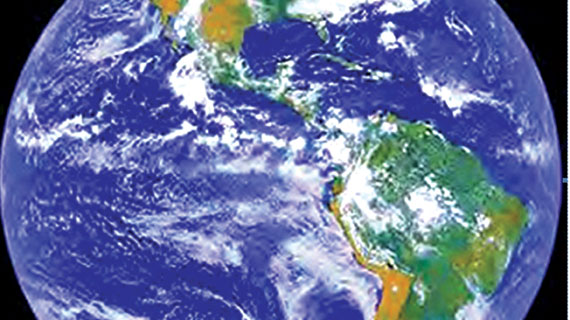
HOW many times have you arrived at some place – a place far away from home – and felt as if you had been there before?
People, Places and Development with Mthulisi Mathuthu
And how many times have you witnessed some incidents that come across as though you would have experienced them before?
Personally, I have lost count and feel sorry that I may have killed many stories worth telling.
To atone for the possible gory deed, I have decided to capture those experiences and, starting from today and here, share them.
I shall open the graveyard of the words we have all killed, endeavour to give them life and let them gambol to their conference.
This series – a synthesis of tales connected by time, history and memory is dedicated to these stories which, despite their richness, always fall victim to the spike.
These are stories which hardly make the headlines and yet they must be told still because by them and by the times we live in, we are defined.
- Chamisa under fire over US$120K donation
- Mavhunga puts DeMbare into Chibuku quarterfinals
- Pension funds bet on Cabora Bassa oilfields
- Councils defy govt fire tender directive
Keep Reading
Heroes and villains of this series include you and me. They include street people, janitors, corn-roasters, sweepers, teachers, factory workers, tourists, writers, journalists, politicians – men and women from all walks of life.
Pleasure, hope and sorrow – just as time, history and memory – form the dynamo of the series.
Only last weekend I had a sense of imagination converging with reality; the past with the present and in a way that reminded me of things like Lobels bread, Arenel sweets and biscuits, Eversharp 15M, and places like the Main Post Office, Jarzin Supermarket, Nkulumani Complex and Ingwebu Breweries.
At Mwanaka shop along Hertford Road in Enfield Lock, North London, I picked three packs of macimbi, 2kg of roller meal, three packs of ulude from Honde Valley and 500g of idobi (peanut butter).
Across the road to the east of Mwanaka is a post office and there I packed the items into a box and despatched them.
Where to? You might be wondering. Well, to my friend Fobester Chadehumbe from Sanyati who, for the past 15 years, has lived in Sweden without tasting such stuff.
He so much missed these things that when, during the previous week, I had told him of the Mwanaka shop, he immediately dispatched money through the World Remit service and demanded that I don’t waste time. Naturally, I had to oblige.
In Sweden, says Chadehumbe, there isn’t much of Zimbabwean food as is in London.
I first met Chadehumbe in 1993 as a fellow “A” Level student and we, after school, used to read books together at the National Free and Bulawayo Public libraries.
During the weekends we used to down vessels of opaque beer at the Mathonisa Beer Garden in Mpopoma while discussing English literature and African history.
Next to Mathonisa gate was the usual African street commerce where some women sold roaste macimbi; and to help the beer flow we occasionally replenished there.
By then I had already decided that I wanted to be a journalist and had set my eyes on joining the school of journalism. And it so happened that one day in 1996 as I was walking to my room coming from a morning lecture at Harare Polytechnic, I bumped into him!
I was, as according to plan, at the School of Journalism and he at the Business Studies department.
Our friendship grew. He was to join student politics where he made brief waves as the vice-president of the students’ representative council before he left to join his fiance in Stockholm.
Chatting to him a few days latter he said he had already received his parcel and had had a taste of macimbi and they reminded him of the Mathonisa days 20 years ago.
As he ate his meal, he says, his son cringed. Maybe one day the young man would taste this strange food.
Already, says his father, he loves sadza/isitshwala and stew. Exile and globalisation do fix gulfs between generations and friends, so it seems, crevices and alleyways are always there for us to reach each other.
With my fingers getting itchy I wondered if one could begin to chronicle these sweet encounters and realities.
On putting a suggestion to the editor, he said I should explain further and I did to which he said proceed, hence the People, Places and Development with Mthulisi Mathuthu series.
Let us, therefore, meet here and through the same alleyway after every other Friday.
Together and aboard a computer keyboard and spurred on by words we shall, through the sea of memories, sail away from solitude and against the tides of philistinism and the gales of globalisation.
Dancing to the sweet melodies of modest pleasures, we shall conquer and yet we will not spill blood but the ink and neither will we take a soul. Rather, we shall cause “painful joy”.
Mathuthu is a UK-based Journalist and researcher. His recreations include written words, travelling and Jazz.










